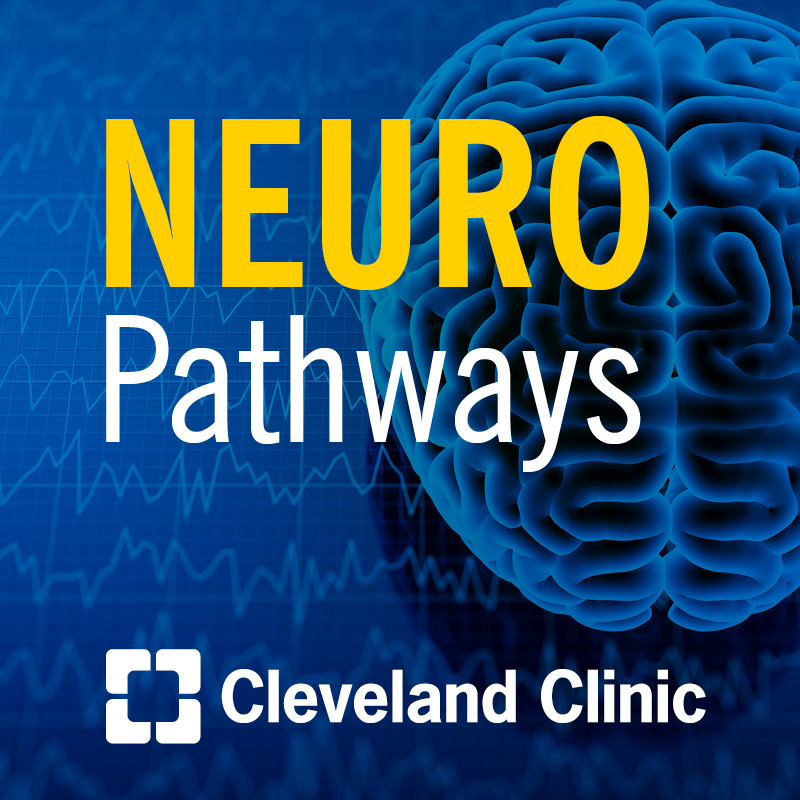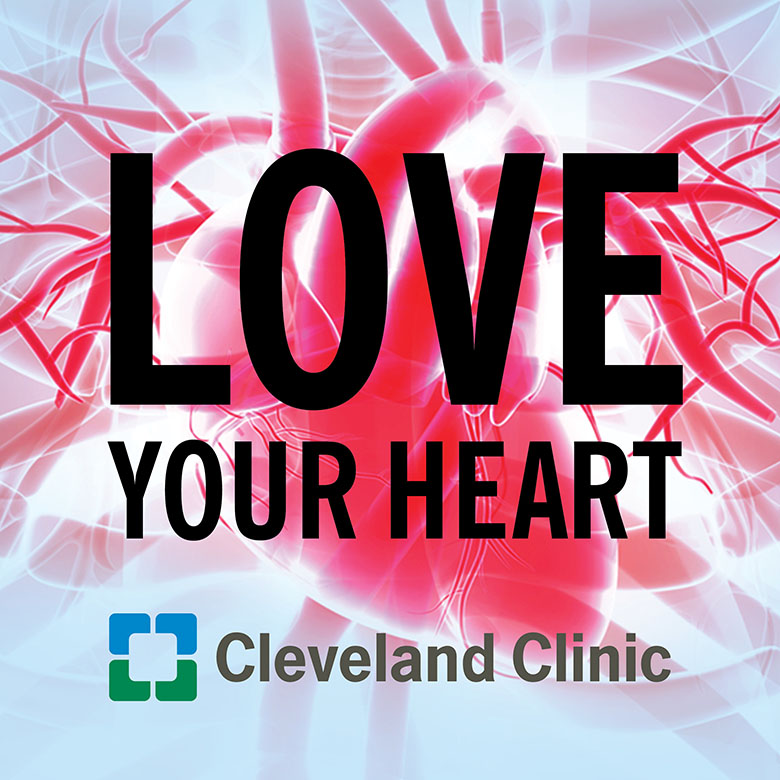Alcohol & Drug Recovery: Learnings from 40 Years of Care
January 1, 0001
Subscribe: Apple Podcasts | Spotify | Buzzsprout
Alcohol & Drug Recovery: Learnings from 40 Years of Care

Neuro Pathways
A Cleveland Clinic podcast for medical professionals exploring the latest research discoveries and clinical advances in the fields of neurology, neurosurgery, neurorehab and psychiatry. Learn how the landscape for treating conditions of the brain, spine and nervous system is changing from experts in Cleveland Clinic's Neurological Institute.
These activities have been approved for AMA PRA Category 1 Credits™ and ANCC contact hours.
